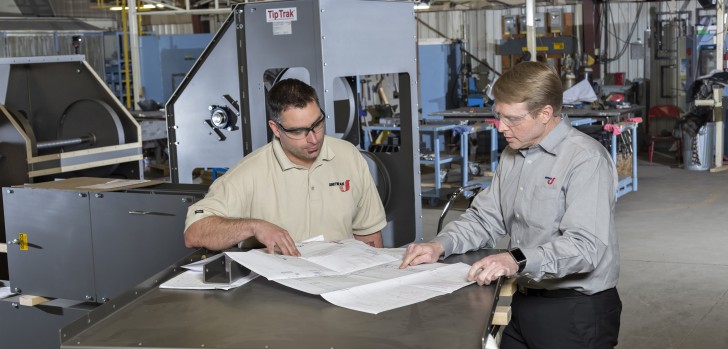Plastic Resin
Plastic resin is a versatile and indispensable material in modern manufacturing, playing a pivotal role in various industries ranging from packaging to automotive, construction to electronics. Understanding its composition, properties, and challenges in conveying is crucial for efficient material handling processes.
At a Glance
Plastic resin refers to a broad category of synthetic polymers derived from petrochemicals or renewable sources. These polymers undergo a process called polymerization to form long chains of molecules, resulting in a material that can be molded, extruded, or cast into various shapes. Resins can be classified into thermoplastics and thermosets based on their behavior under heat.
While plastic resin exhibits desirable properties for various applications, it also presents challenges in bulk material conveying:
- Abrasive Nature: Certain resin formulations, particularly filled or reinforced types, can be abrasive, leading to wear and tear on conveying equipment.
- Hygroscopic Behavior: Resins like nylon and polycarbonate are hygroscopic, meaning they absorb moisture from the atmosphere, which can affect flow properties and cause clumping during conveying.
- Variable Particle Size: Resins may vary in particle size and shape, affecting flow consistency and requiring specialized conveying equipment for efficient handling.
- Static Electricity: Many resin types generate static electricity during conveying, leading to issues such as dust accumulation, particle adhesion, and potential hazards.

Common Uses
Plastic resin finds extensive application across industries:
- Packaging: Resins such as polyethylene (PE) and polypropylene (PP) are commonly used in packaging films, bottles, and containers due to their flexibility, durability, and barrier properties.
- Automotive: Resins like acrylonitrile butadiene styrene (ABS) and polycarbonate (PC) are utilized in automotive components for their strength, impact resistance, and aesthetic appeal.
- Construction: Resins such as polyvinyl chloride (PVC) and high-density polyethylene (HDPE) are used in pipes, fittings, and insulation materials owing to their weatherability and chemical resistance.
- Electronics: Resins like epoxy and polyimide are crucial in electronic components and circuit boards due to their high dielectric strength and thermal stability.

Challenges in Conveying
While plastic resin exhibits desirable properties for various applications, it also presents challenges in bulk material conveying:
- Abrasive Nature: Certain resin formulations, particularly filled or reinforced types, can be abrasive, leading to wear and tear on conveying equipment.
- Hygroscopic Behavior: Resins like nylon and polycarbonate are hygroscopic, meaning they absorb moisture from the atmosphere, which can affect flow properties and cause clumping during conveying.
- Variable Particle Size: Resins may vary in particle size and shape, affecting flow consistency and requiring specialized conveying equipment for efficient handling.
- Static Electricity: Many resin types generate static electricity during conveying, leading to issues such as dust accumulation, particle adhesion, and potential hazards.
Equipment Options
UniTrak, with its deep experience in customized bulk material handling equipment, offers tailored solutions for conveying plastic resin:
Ideal for handling abrasive resins, TipTrak's interlocking bucket design ensures smooth and gentle conveying, minimizing wear on equipment.
UniFlex Flexible Screw Conveyor
Suitable for conveying hygroscopic resins, UniFlex features a flexible screw auger that gently moves materials without degradation or moisture absorption.
Powderflight Aeromechanical Conveyor
Designed for handling variable particle sizes, Powderflight utilizes air-assisted conveying to achieve consistent flow of resin materials.
Bulk Bag Loader/Unloader
For handling static-prone resins, UniTrak's Bulk Bag Loader/Unloader incorporates anti-static features to mitigate risks associated with static electricity.
Plastic resin, with its diverse applications and unique characteristics, poses challenges in bulk material conveying that require specialized solutions. UniTrak's expertise in customized equipment design and extensive experience in managing complex materials make it the ideal partner for optimizing resin handling processes. Whether it's abrasive wear, moisture control, particle consistency, or static electricity management, UniTrak offers tailored solutions to ensure efficient and reliable conveying of plastic resin materials.
